What is our primary use case?
We used Oracle HCM Cloud for core HR, such as training, career planning, workflow, documentation, and performance management. We used a local solution to cover other functionalities linked to the local legislation, so Oracle HCM Cloud, being a global solution, couldn't cover the rest of the functionalities. In Central Europe, for payroll and local attendance, local solutions need to be used.
What is most valuable?
What I like most about Oracle HCM Cloud is that I didn't see any area that needs to be dramatically improved.
I also appreciate that it has good integration with other Oracle products. The process of integrating Oracle HCM Cloud is rather explanatory.
I also found the Oracle library to be helpful.
As Oracle HCM Cloud is quite a robust solution, I like it versus other solutions. I like the people at Oracle.
What needs improvement?
Visually, Oracle HCM Cloud needs improvement. For example, the employee portal looks rather old, so it would be awesome if Oracle refreshed its design or if the portal looked more modern. Oracle HCM Cloud works, but visually, it needs improvement.
There's nothing specific I'd like added in the next release of Oracle HCM Cloud. Of course, you always have electronic signatures or various levels of electronic validation and advanced payments, but those are more for service-based solutions. Oracle HCM Cloud is also service-based, but it's different from other solutions with specialties; for example, one solution could focus on electronics, while the other could focus on advanced payment. For Oracle to include electronic validation into Oracle HCM Cloud, for example, wouldn't fit the company structure.
For how long have I used the solution?
My experience with Oracle HCM Cloud is three to six months because I took part in its implementation. I wasn't an end-user, but I got accustomed to using Oracle HCM Cloud because I did an integration with it.
What do I think about the stability of the solution?
Oracle HCM Cloud is a stable product.
What do I think about the scalability of the solution?
Oracle HCM Cloud is a scalable product.
How are customer service and support?
I haven't contacted the technical support team for Oracle HCM Cloud.
How was the initial setup?
The initial setup for Oracle HCM Cloud is neither complex nor easy. It's in the middle because it depends on your requirements and inclusions.
What's my experience with pricing, setup cost, and licensing?
Oracle HCM Cloud is pricey, but price-wise, it's now more competitive than in the past year.
Here in Central Europe, people also look at the pricing, but Central Europe falls under the UAE and Abu Dhabi in terms of headquarters, management, and strategy, but those states don't care too much about the pricing.
Pricing is a significant factor in choosing a solution. In the past, Oracle HCM Cloud was compared to the SAP solution, the largest competitor and up to thirty percent higher in price. Now, Oracle HCM Cloud has a price increase of five to ten percent, which could be pricier than SAP now, but it's a more competitive product nowadays and comparable to SAP.
What other advice do I have?
I can't recall the version of Oracle HCM Cloud I implemented, but it was the version between October 2021 to June 2022.
The product was deployed on the cloud, and the local application was on-premises.
Oracle HCM Cloud requires maintenance. Every application requires maintenance, even SaaS, because you still need an administrator who can communicate with support. In Central Europe, you'll find local solutions with better maintenance and support models than what Oracle offers. Oracle is a huge company that has its policies. Oracle-accredited implementation companies in the Czech Republic need to be better.
My company is a partner of Oracle.
I'd give new or potential users of Oracle HCM Cloud the same advice I'd share on other software, HCM, HRRS, or ERP solutions. A coherent and in-depth analysis has to be made, with all the requirements well-defined. Otherwise, the customer will be eaten alive by any implementation company. After all, Oracle HCM Cloud is a global solution, and Oracle has its policies and standards based on good practices, especially in terms of implementation. If you don't define your requirements well for Oracle HCM Cloud, you'll get the standard setup from the implementer, which you may not need at all, or you may want some changes that would cost you a lot. Knowing your complete requirements and communicating those to the implementation team, even at the local level, is essential, or the whole solution would be very pricey.
My rating for Oracle HCM Cloud is eight out of ten.
Which deployment model are you using for this solution?
Public Cloud
Disclosure: My company has a business relationship with this vendor other than being a customer: Implementer





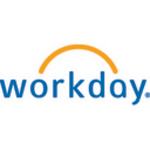



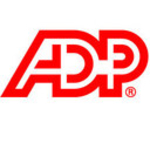


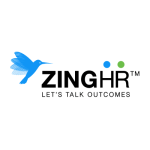

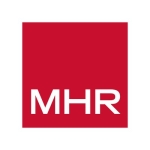

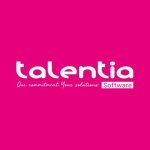

Actually the standard templates available are very limited and if you want to make multiple source reports you need to buy OTBI.